3 in 5 people sleep with their phones near their bed—here's why that's so bad
Charge at your own risk.
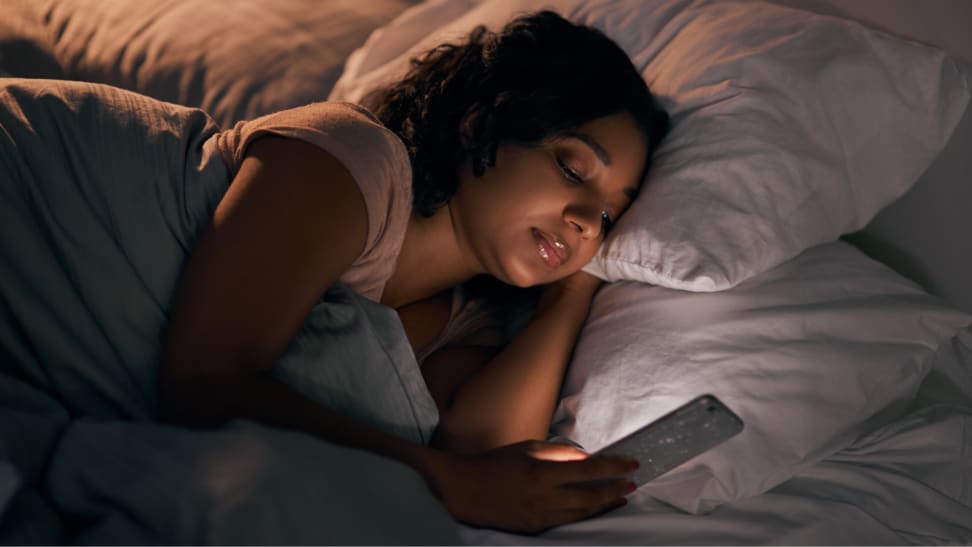 Credit:
Getty Images / Adene Sanchez
Credit:
Getty Images / Adene Sanchez
Recommendations are independently chosen by Reviewed's editors. Purchases made through the links below may earn us and our publishing partners a commission.
A study found that as many as 62 percent of adults sleep with their phones within an arm’s reach. This could be for a variety of reasons — maybe you fell asleep in the middle of texting your mom, maybe you use your phone as an alarm, or maybe, like me, you have a sleep tracker that only works if it’s on the bed.
It's a common practice, yet it’s one that could be potentially dangerous, according to some experts and some "it-happened-to-me" stories—who report that charging your phone or tablet by your side while you sleep is a fire hazard that most people don't know about. For Sleep Week 2024, we’re going over everything you need to know about sleeping with your phone in your bed—and if it’s safe.
What happens when you leave your device charging on the bed
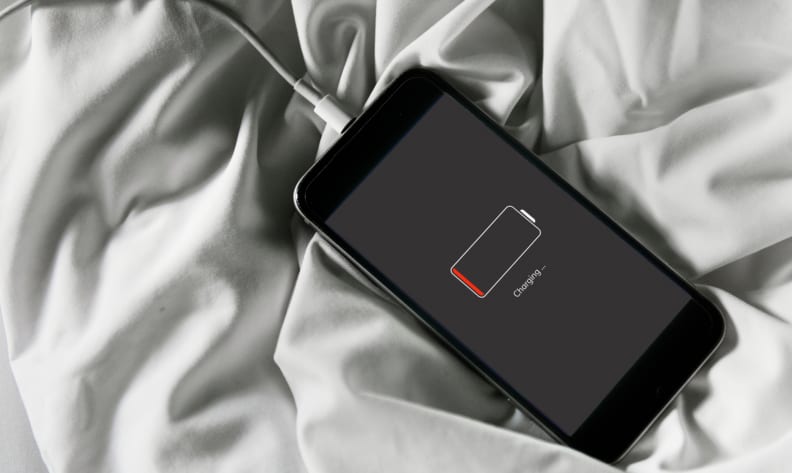
PSA: Phones don't belong in bed.
Your phone generates a lot of heat when it's running, which it constantly releases to keep it cool and prevent it from overheating. "When everything is working correctly, there's not much risk, but if you're leaving your phone, laptop, or charger where it can't cool properly that heat can build up and damage components," former Reviewed Exec Editor TJ Donegan explained.
Essentially, when your phone (or tablet) is laying under your pillow or blankets, the vents are blocked, so the hot air can no longer escape. That buildup can cause your device to overheat and, in some extreme cases, get hot enough to burn you or even catch fire.
How to charge your device safely
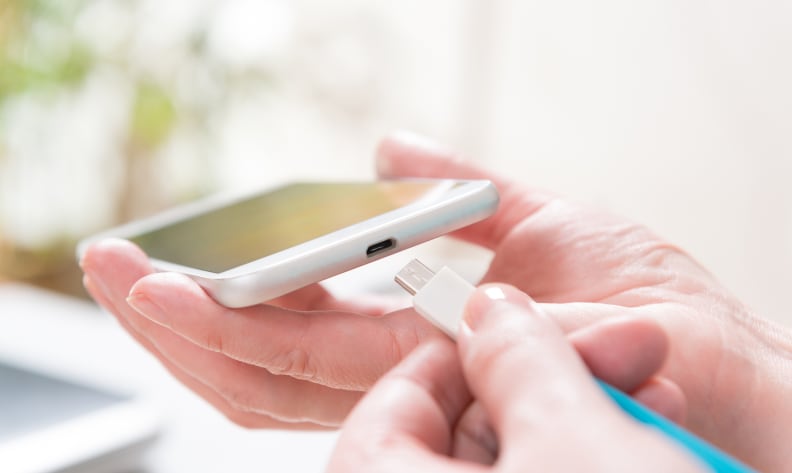
Recharge the right way.
First, follow the manufacturer's instructions and charge your device on a flat, open surface. For instance, Apple advises customers "to keep iPhone and its power adapter or wireless charger in a well-ventilated area when in use or charging," like a nightstand or side table. "If your charging cable can't reach a safe spot, just buy a longer cable—they're not expensive," Donegan says.
You'll also want to keep an eye out for any frayed or exposed wires—or any signs that your phone's battery isn't functioning properly. "Frayed cables are definitely worrisome, but the biggest deal is a damaged battery," Donegan warns. "If you have a phone or laptop battery that is swelling or warped, you should not charge it—it could easily rupture and catch fire."
And in that worst-case scenario? "If your Lithium-ion battery does catch fire, a fire extinguisher is your best bet, though dousing it in water will be effective in most cases," Donegan recommends. Moral of the story: Don't charge your device in bed.
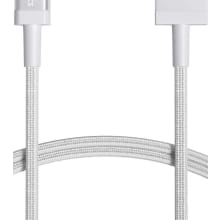
This affordable braided cable is our top pick.
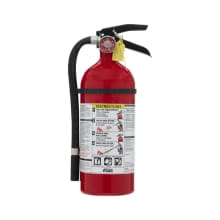
A good fire extinguisher could save your life in the event of a fire started by an exploded battery.




